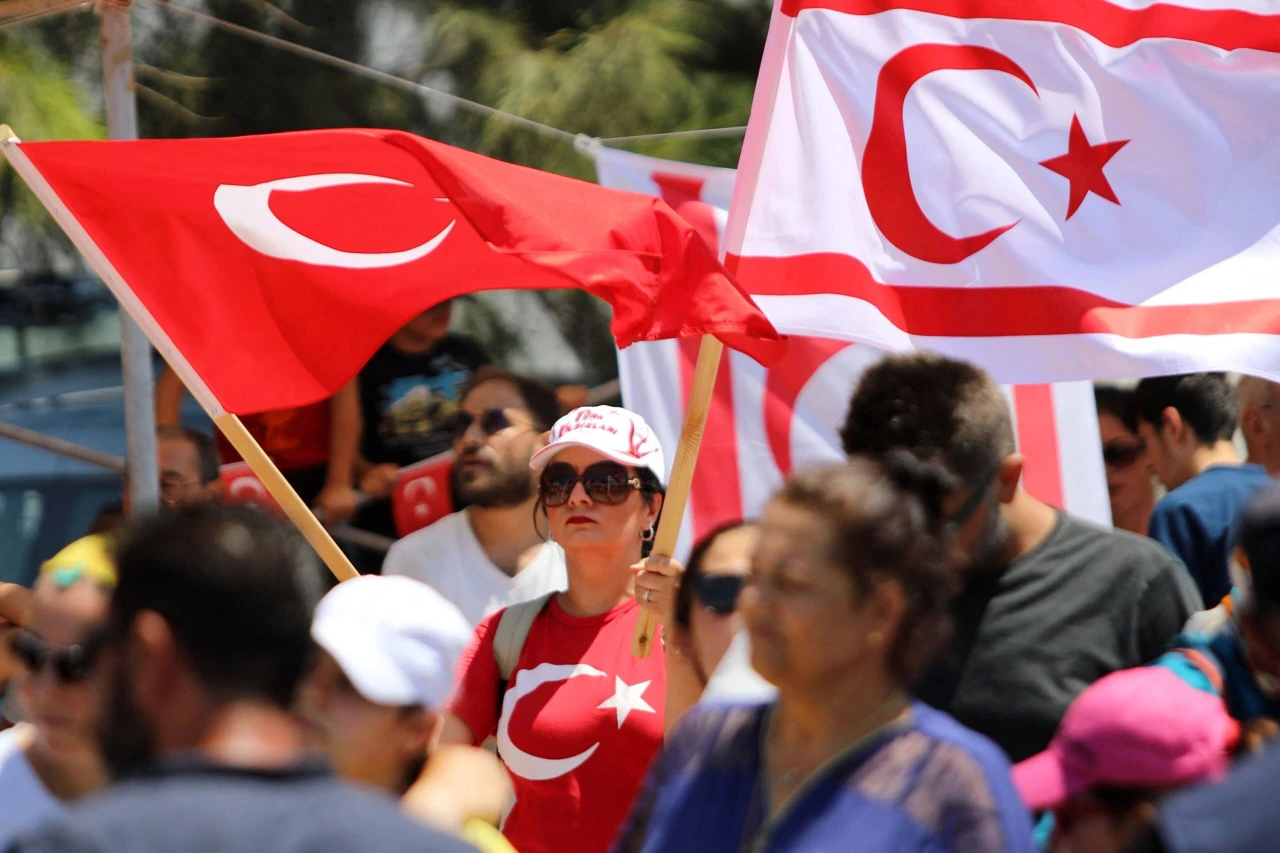Singer Volkan Konak dies on stage during concert in Turkish Cyprus
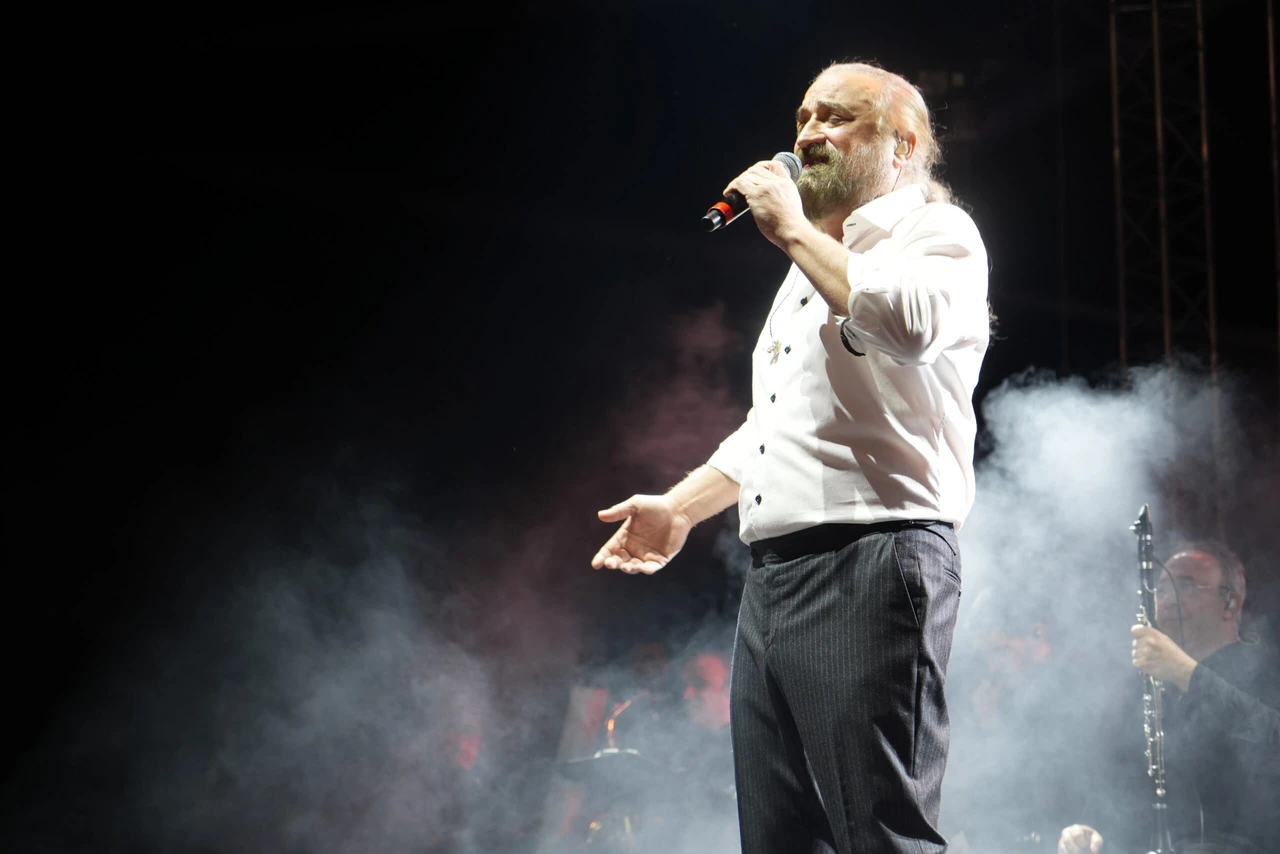 Volkan Konak took the stage at the Republic Concert held on October 28, 2025 in the 101st anniversary celebrations of the Republic in Edremit district of Balikesir (IHA Photo)
Volkan Konak took the stage at the Republic Concert held on October 28, 2025 in the 101st anniversary celebrations of the Republic in Edremit district of Balikesir (IHA Photo)
Acclaimed Turkish singer Volkan Konak passed away after collapsing on stage during a concert in Iskele, Turkish Cyprus, late Sunday night.
The news was confirmed by the Health Ministry of the Turkish Republic of Northern Cyprus (TRNC).
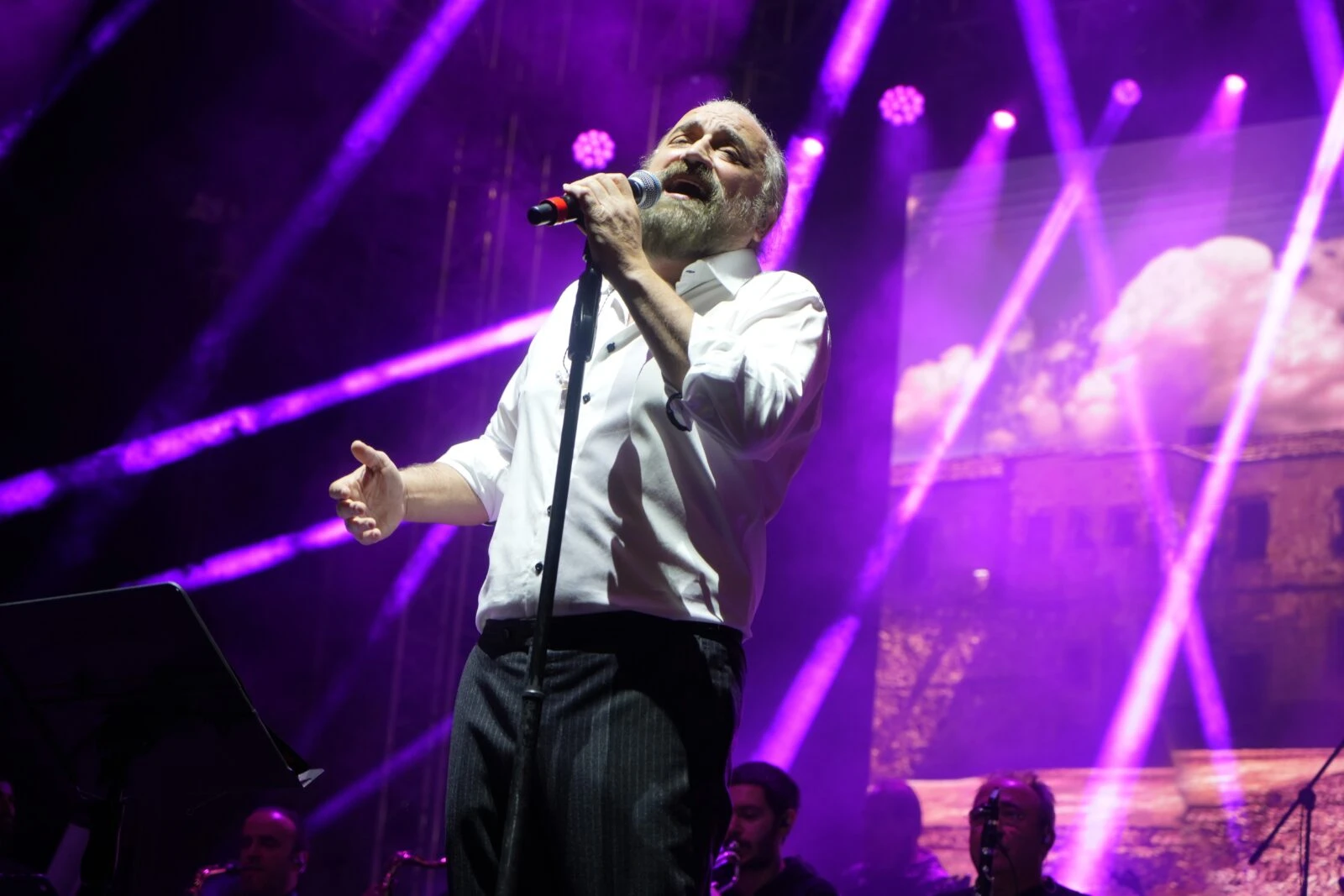
Volkan Konak collapses during concert performance
Konak, who was performing at a hotel venue in Iskele, experienced a sudden medical emergency during his show. Initial aid was administered by members of the audience before emergency services were called to the scene.
He was transported by ambulance to Gazimagusa State Hospital at 00:17 local time. Despite all medical efforts, he was pronounced dead at 00:42.
TRNC Health Ministry confirms Turkish singer’s death
In a written statement, the TRNC Health Ministry reported, “Artist Volkan Konak was admitted to Magusa State Hospital at 00:17 after suddenly falling ill. He unfortunately passed away at 00:42 despite all interventions. A detailed statement will be issued by the hospital’s chief medical officer.”
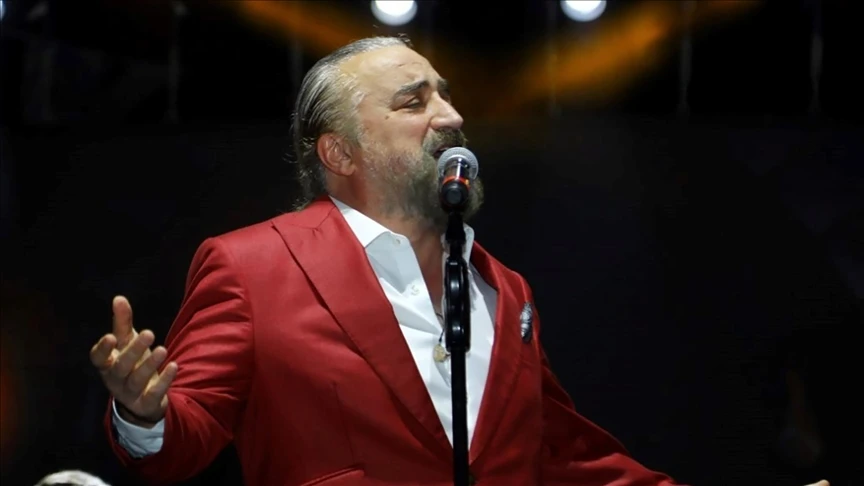
Eyewitness doctor reveals emotional past with Konak
One of the doctors who rushed to aid Konak during the concert, Ahmet Gorkem Yasak, shared an emotional message on social media. Yasak, now a practicing physician, recalled how Konak once supported him two decades ago when he was a university student.
Twenty years ago, you came to our student dorm and gave us your phone number, saying ‘Call me anytime you need help.’ That young man you helped became a doctor and tried to save you in your final moments.
Doctor Ahmet Gorkem Yasak wrote
His autopsy will be conducted in Lefkosa
The TRNC Health Ministry announced that Konak’s body would be transferred from the Gazimagusa State Hospital morgue to the forensic medicine unit at Dr. Burhan Nalbantoglu State Hospital in Lefkosa for an autopsy.
The process will be closely followed by officials from the Turkish Consulate in Famagusta. His body is expected to be flown to Türkiye following the procedure.
Volkan Konak’s funeral to be held in hometown of Macka
Following the autopsy at the Dr. Burhan Nalbantoglu State Hospital in Lefkosa, Volkan Konak’s body will be transported to Türkiye.
He will be laid to rest on Wednesday, April 2, in Macka, in the Black Sea’s Trabzon province, his birthplace. The burial will take place in the family cemetery, next to his late father.
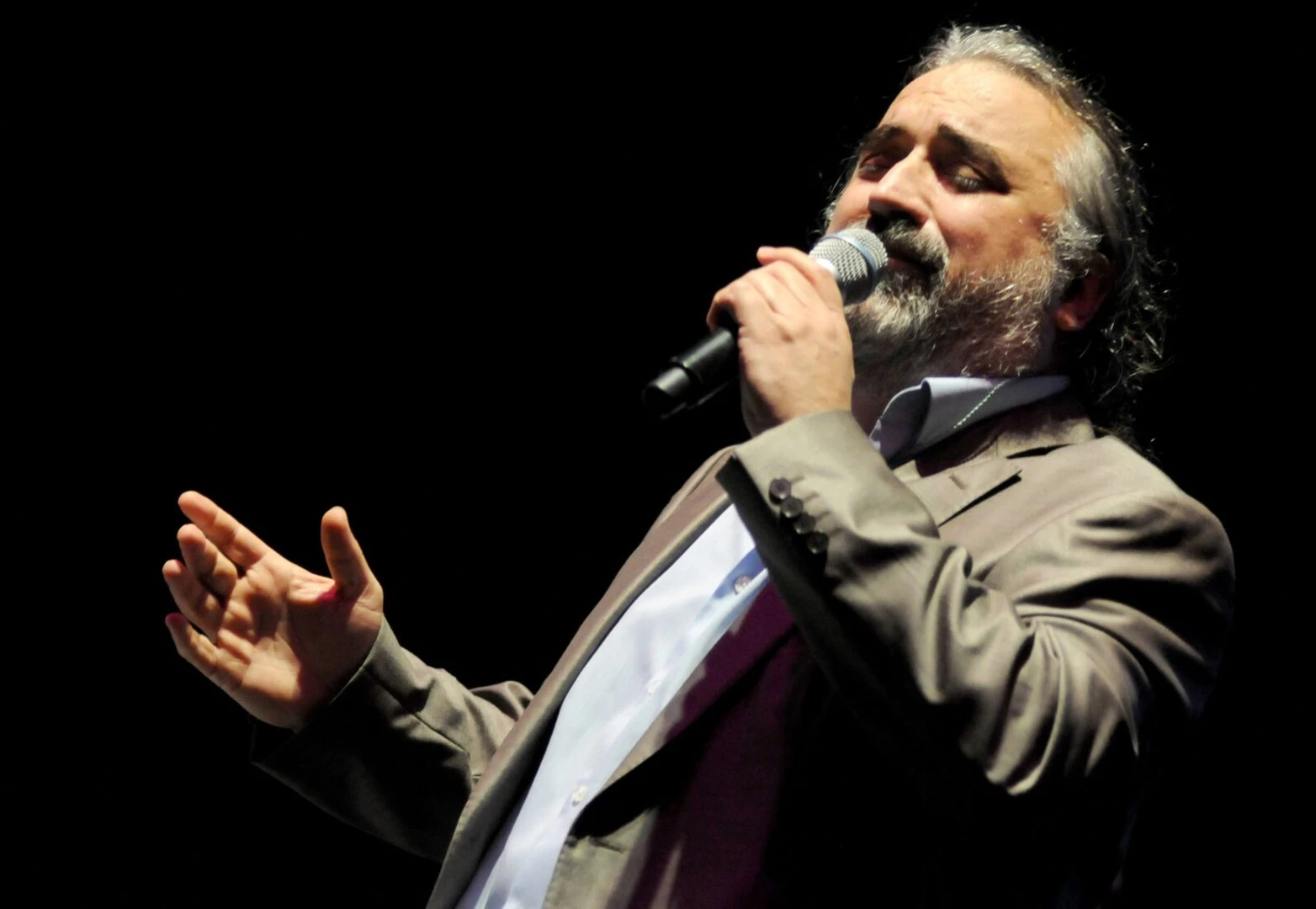
Debate erupts over emergency preparedness at concert venues
The deaths of both Volkan Konak and singer Metin Arolat—who also collapsed on stage in 2024—have raised new questions about safety at live performances:
- Social media users criticized venues for not providing on-site medical teams or defibrillators.
- Attendees at Konak’s concert claimed the venue was overly crowded and poorly ventilated.
- Some expressed concern that fog machines used for effects may contribute to breathing difficulties on stage.
- Experts emphasized the importance of immediate CPR and basic first aid training, stating, “When there is no pulse, the only thing to do is chest compressions—100 times per minute, pushing 5 cm deep. Seconds matter.”

Who was legend Turkish folk singer Volkan Konak?
Known as “Kuzeyin Oglu” (Son of the North), Volkan Konak was a prominent figure in Turkish folk music.
Born in Trabzon and trained at Istanbul Technical University’s State Conservatory of Turkish Music, he was deeply rooted in the culture of the Black Sea region.
Key facts about Volkan Konak:
- Born in 1967, Trabzon, Türkiye.
- Gained widespread recognition with his 1993 album “Efulim.”
- Composed music inspired by poets such as Nazim Hikmet, Sunay Akin, and Yasar Mirac.
- Released the “Mimoza” album in 2009, featuring notable tracks like “Goklerde Kartal Gibiydim,” “Mimoza Cicegi,” and “Yarim Yarim.”
- Honored with multiple awards from TRT, MU-YAP, and the Journalists’ Association of Türkiye.
- Created the song “Cerrahpasa” in memory of his father, who died from cancer following the Chernobyl disaster.
Konak was known for his powerful voice and poignant lyrics, outspoken political views, and connection with the public.
He maintained a consistent presence on stage and television, always reflecting the emotional currents of the Turkish people.


